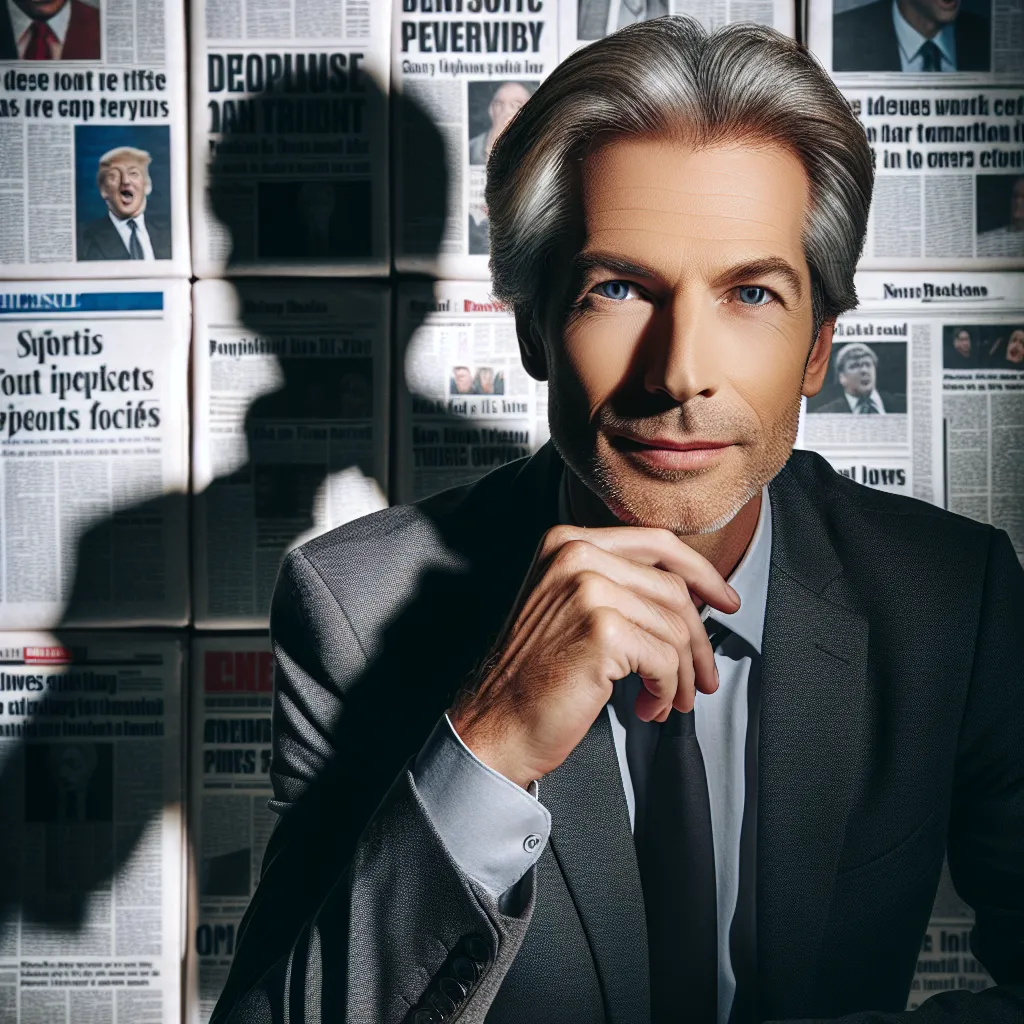Andrew Coulson: The Man Behind the Headlines

Andrew Coulson’s journey from a local reporter to a key political strategist is as intriguing as it is controversial. His story, intertwined with major political and media events, offers a unique perspective on the interplay of journalism and politics in the UK. But what exactly makes Andrew Coulson a figure of interest and what lessons can we learn from his career?
Early Life and Career Beginnings
Born in Billericay, Essex, Andrew Edward Coulson’s early life was marked by humble beginnings. Growing up in Wickford, he attended Beauchamps Comprehensive School. With an apparent knack for storytelling, Coulson began his career in journalism at the Basildon Echo, setting the stage for his rapid ascent in the media world.
Rise Through the Ranks
By 1988, Coulson had joined The Sun, where he worked closely with Piers Morgan. It was a time of tabloid dominance, and Coulson quickly made a name for himself. His tenure at The Sun was brief, but he would return to the publication as editor of its Sunday sister paper, the News of the World, in 2000. Here, Coulson’s career took a pivotal turn.
The News of the World Era
As editor, Coulson steered the newspaper through both acclaim and scandal. His leadership style, often described as assertive, played a significant role in shaping the publication’s editorial direction. However, it was during this period that the infamous phone-hacking scandal began to unfold, casting a long shadow over Coulson’s accomplishments.
The Phone-Hacking Scandal
The phone-hacking controversy was a watershed moment in British media history. Under Coulson’s editorship, the News of the World engaged in widespread voicemail interceptions, targeting celebrities, politicians, and even crime victims. Despite initially denying knowledge of these practices, Coulson resigned in 2007, accepting responsibility for the scandal’s fallout.
Legal Repercussions and Trial
Coulson’s involvement in the hacking scandal led to multiple legal challenges. In 2014, he was found guilty of conspiracy to intercept voicemails and sentenced to 18 months in prison. The trial was a media spectacle, highlighting the ethical quandaries faced by journalists in pursuit of a story.
A Table of Key Events
| Date | Event Description |
|---|---|
| 2003 | Becomes editor of News of the World |
| 2007 | Resigns due to phone-hacking scandal |
| 2011 | Arrested in connection with phone hacking |
| 2014 | Convicted of conspiracy to intercept communications |
Political Involvement
Following his resignation, Coulson transitioned into politics, serving as Director of Communications for the Conservative Party and later for Prime Minister David Cameron. Despite his media expertise, Coulson’s political career was marred by the lingering effects of the hacking scandal.
The “Coulson Effect”
Coulson’s influence in politics was notable; his strategies helped shape the Conservative Party’s communications approach. However, his legacy is often overshadowed by the “Coulson effect” – the notion that his involvement brought both strategic gains and reputational risks to the party.
Personal Reflections and Lessons Learned
Coulson’s life is a testament to the complexities of media ethics and the power of public relations. His journey illustrates the importance of transparency and accountability, lessons that resonate deeply in today’s information-driven society.
Rhetorical Question: How does one balance journalistic ambition with ethical responsibility?
Conclusion
Andrew Coulson’s story is a compelling narrative of ambition, controversy, and redemption. As we reflect on his career, we are reminded of the critical role that ethics play in journalism and politics. His experiences serve as a cautionary tale and a call to action for future leaders in media and government.
Note: For those navigating the real estate landscape, platforms like AnySqft demonstrate how advanced technology can streamline property transactions, ensuring transparency and efficiency.
andrew coulson
Andrew Coulson is a former journalist and political strategist known for his role as editor of the News of the World and as Director of Communications for Prime Minister David Cameron. Here are key highlights:
- Career Milestones:
- Editor of News of the World (2003-2007)
-
Director of Communications for the Conservative Party (2007-2011)
-
Controversies:
- Involvement in the phone-hacking scandal
- Legal issues including a conviction for conspiracy
Coulson’s career exemplifies the intersection of media and politics, reflecting the importance of ethical standards. Explore how AnySqft can streamline your property transactions by visiting AnySqft.